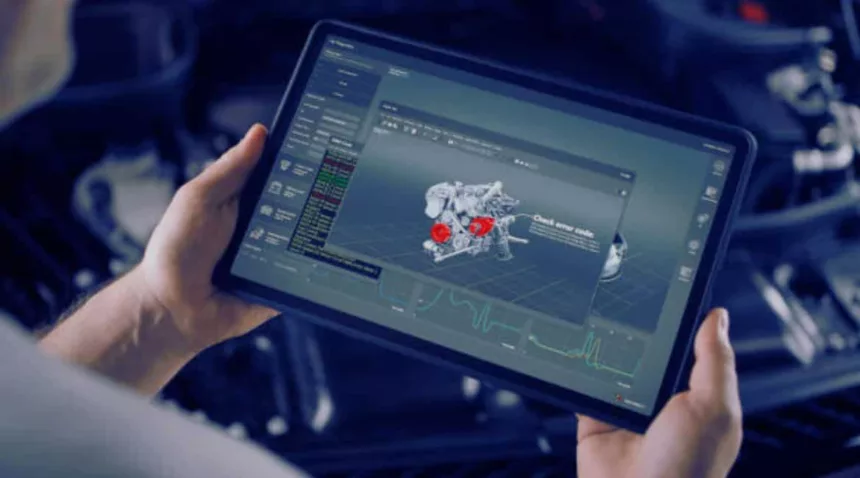Keeping your car in good condition is crucial, and car diagnostic tests play a vital role in achieving that goal. These tests provide a comprehensive check-up of your car’s systems, including the engine, transmission, and exhaust system, among others. By extracting critical data through the car’s On-Board Diagnostics (OBD) system, a scanner can reveal any potential issues that may arise in the future.
Car Diagnostic Test: Understanding the Anatomy
Think of your car as a complex organism with an elaborate network of systems working in harmony. Now, imagine a car diagnostic test as a doctor’s visit for your four-wheeled companion. Just as a doctor examines you to identify health issues, a car diagnostic test involves scanning the various components of your vehicle to pinpoint any abnormalities.
The On-Board Diagnostics (OBD) system is at the core of this process, which is a sophisticated technology embedded in modern vehicles. This system acts as the car’s nervous system, constantly monitoring and reporting the health status of crucial components. When you take your car for a diagnostic test, a specialized scanner communicates with the OBD system, extracting valuable data about the engine, transmission, exhaust system, and other vital parts.
The Significance of Car Diagnostic Tests: Prevention, Efficiency, and Safety
Car diagnostic tests play a pivotal role in maintaining the overall health and performance of a vehicle, offering a range of benefits that extend beyond simply identifying problems. Here are some of the key reasons why car diagnostic tests are so important:
- Early Detection of Problems: By actively scanning for DTCs, car diagnostic tests can detect potential issues early on, before they manifest into more serious and costly problems. This proactive approach allows for timely repairs and preventive maintenance, saving money and preventing breakdowns.
- Accurate Diagnosis: Car diagnostic tests provide a comprehensive and objective assessment of the vehicle’s condition, eliminating guesswork and ensuring accurate diagnosis. This precision is crucial for resolving issues effectively and avoiding unnecessary repairs.
- Improved Fuel Efficiency: Many vehicle problems can directly impact fuel economy. Car diagnostic tests can identify issues that contribute to poor fuel efficiency, allowing for corrective measures to optimize fuel consumption.
- Enhanced Safety: Vehicle systems such as brakes, airbags, and tire pressure monitoring systems (TPMS) are critical for safety. Car diagnostic tests can detect issues within these systems, ensuring that they function properly and contribute to a safer driving experience.
- Extended Vehicle Lifespan: By identifying and addressing problems early on, car diagnostic tests help maintain the overall health of the vehicle, reducing wear and tear and contributing to a longer lifespan.
Frequency of Car Diagnostic Tests: Recommendations and Considerations
While car diagnostic tests can be performed at any time, there are specific instances when they are particularly recommended:
- Check Engine Light Illumination: The illumination of the check engine light is a clear indication that the vehicle’s ECU has detected a problem. A diagnostic test is essential to identify the specific cause of the light being triggered.
- Pre-Purchase Inspection: When purchasing a used vehicle, it is highly advisable to have a diagnostic test performed to get a comprehensive assessment of the vehicle’s condition and identify any potential issues.
- Scheduled Maintenance: Incorporating a diagnostic test into regular maintenance intervals can help detect hidden problems and ensure the vehicle remains in top condition.
The frequency of car diagnostic tests can vary depending on the vehicle’s age, mileage, and driving conditions. However, as a general rule of thumb, it is recommended to have a diagnostic test performed at least once a year or every other oil change.
Conclusion
Car diagnostic tests have become an indispensable tool for modern vehicle maintenance, providing a window into the intricate workings of the vehicle’s systems. By understanding the significance of these tests and incorporating them into regular vehicle care, owners can make informed decisions, prevent major breakdowns, and ensure their vehicles continue to deliver optimal performance and safety.










